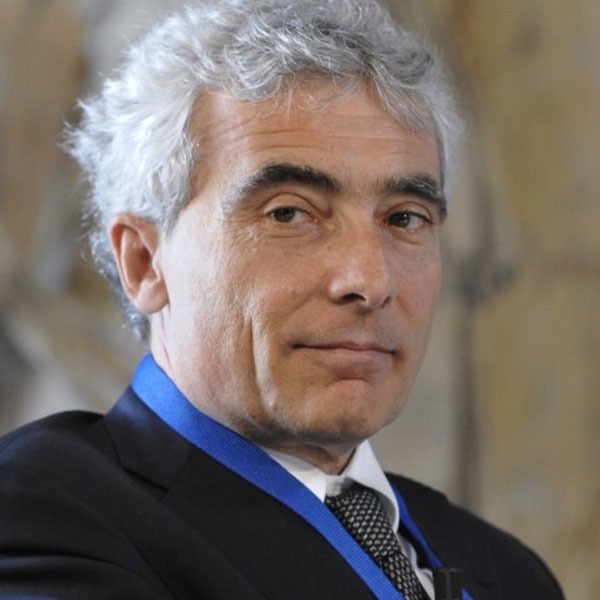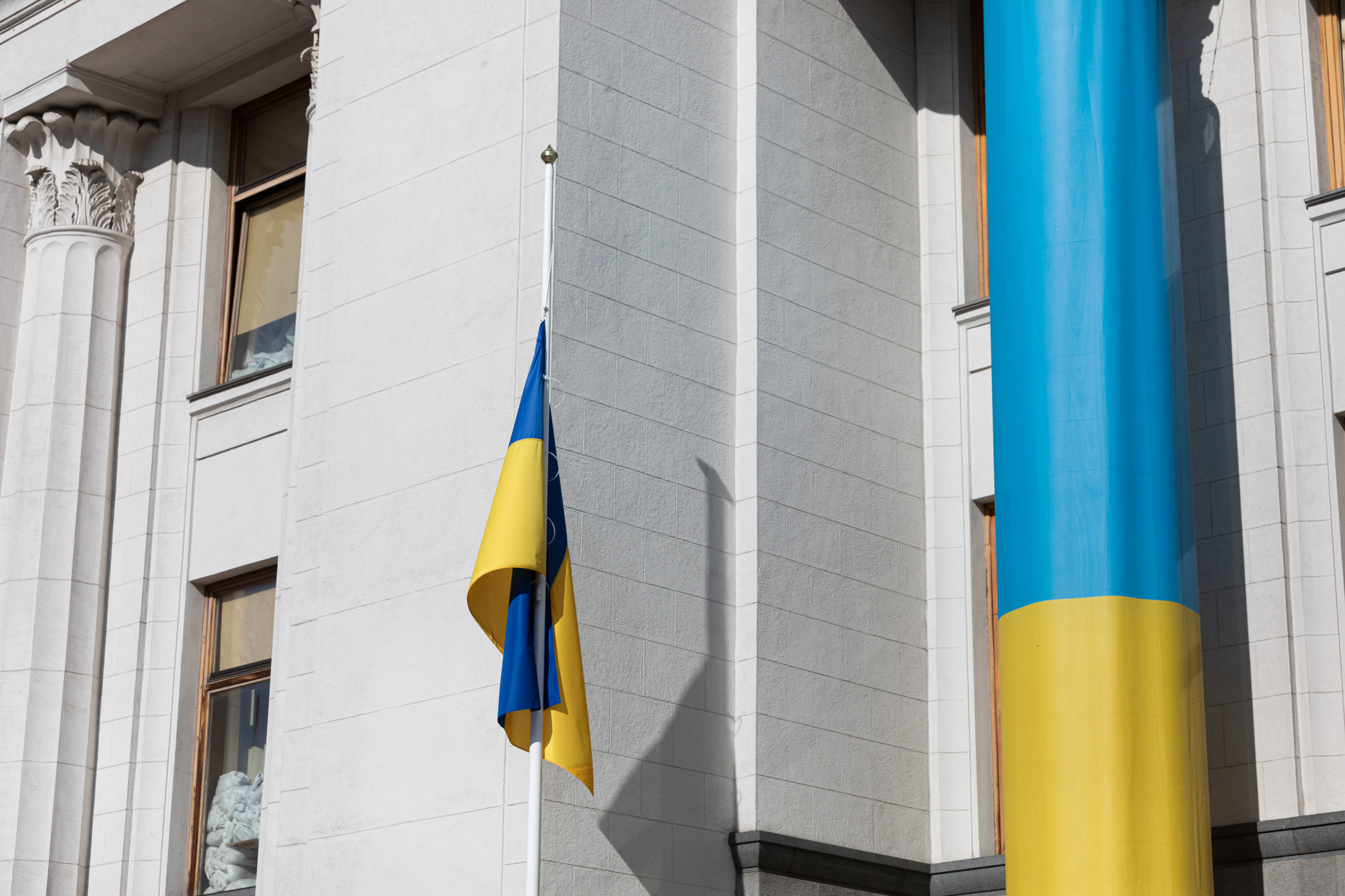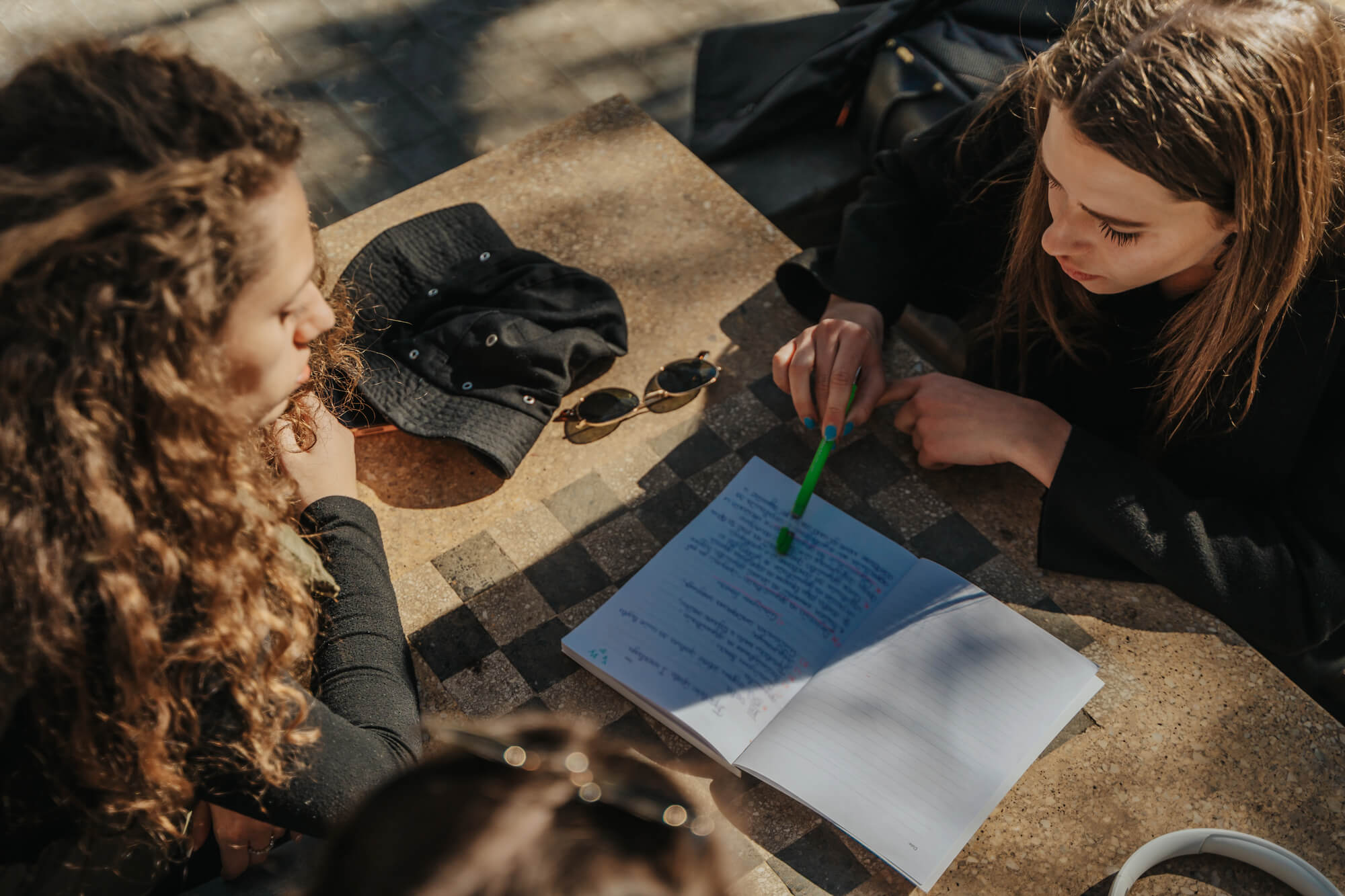As a result of the full-scaled war, Ukraine suffered an outflow of human capital. This loss adversely impacts economic efficiency, makes infrastructure more expensive in per capita terms, and decreases capacity of civil society because a number of active and productive people left Ukraine. What does it mean for the Ukrainian labor market and what is its perspective after the war? Yulia Mincheva, VoxUkraine, and Yurii Gaidai, CES, discussed these questions with Tito Boeri, Professor of Economics at Bocconi University, in the podcast “What is about economy”.
Brain drain
I do believe that human capital is important not only for the recovery of Ukraine but also for its growth. We are concerned about brain drain associated with the war. This involves a significant portion of Ukrainians and very selected ones because it involves people with considerably higher than average educational attainments and also better health. Many women and children have left. If they find a job abroad, their families, especially men, may join them abroad.
Support of Ukrainian refugees
The Ukrainian case differs from others. There is much more solidarity at European level in welcoming Ukrainian refugees, including changes in The EU Temporary Protection Directive which allows refugees to choose the country of destination in Europe and be immediately employed without a waiting period. Ukrainians can choose countries which offer better opportunities and have a strong Ukrainian community. There is also some [financial – ed.] support which is provided to them. Such opportunities haven’t been available for previous refugees’ flows (for example, during the Syrian crisis).
Experience of other countries
We analyzed the experience of countries which had gone through military conflicts in Europe in the last 40 years. Among cases mainly were civil wars, but some cases describe invasion by other countries. We have looked at what was the fate of people who became refugees due to these wars. A significant part of such people returned. But despite having higher educational attainments it was not so easy for them to reintegrate. Reintegration of the former refugees was a problem.
Returning Ukrainians home
Most of the cases we studied show that persons who have relatives in the country of origin come back home for family reunification. Most such people will come back to Ukraine, and European countries should support reconstruction of the Ukrainian labor market. Attracting refugees back after the war will be extremely important.
At the same time, we are dealing with individual decisions. And it is possible that some refugees will decide to remain in the country of destination. Here, I think, neither for Europe nor for Ukraine it won’t be a good strategy not to integrate Ukrainian refugees. People leaving the country do not necessarily take away their brain, their ideas, and their projects for good. If they can keep contact with the country of origin — this is possible, especially if Ukraine becomes a member of the EU— they can keep the ideas in the country. Even if people move, the ideas can remain. Italy is the country which experienced migration of young, well-educated people, who are going to other European countries. That’s certainly a loss but we still keep contact with these people and they contribute greatly to a lot of projects and activities in Italy. So I think Europe should welcome the refugees from Ukraine and do whatever it can to provide support to refugees and Ukraine.
Perspectives of Ukraine`s labor market
Human capital is an important factor for a quick reconstruction of Ukraine. There is no doubt that Ukraine has a problem with labor supply. It was even before the war and the pandemic. There is too little participation of women in the labor force compared to other countries. There is also a problem with unemployment and the demographic — the work engagement population has been shrinking.
Migration could be a part of the decision. It is possible that after the war the direction and the size of migration will change. People from Western Europe may decide to move to Ukraine to contribute to the reconstruction, because a lot of job opportunities will be there. Also people (not very favorable these days) from Belarus and Russia can arrive in Ukraine. In the future, Ukraine may be more successful in attracting people from other parts of the world. No doubt that reconstruction will demand a lot of labor force, and that demand can only be satisfied with more sizable migration flows.
Ukraine also has a significant regional mismatch: people are located in some areas, firms are in others. A sizable internal displacement phenomenon contributes to that problem and should be addressed. Good infrastructure and reconstruction of the housing stock will be essential to allowing the labor market to operate under the new conditions.
We develop some proposals for reconstruction and labor market of Ukraine:
- give priorities to human capital development – both education of children and retraining of workers;
- increase labor force participation of women;
- simplify matching of workers and vacancies;
- introduce partial unemployment insurance (when person could receive some state support even if she / he has a job);
- protect the most vulnerable groups (among them veterans, job losers, older workers and so on);
- improve sharing of family responsibilities tasks between men and women;
- find ways to cooperate with Ukrainians in different countries for ideas sharing.
This publication was produced within the framework of the “Support of think tanks” project which is carried out by the International Renaissance Foundation with the financial support of the Embassy of Sweden in Ukraine. Its contents are the sole responsibility of the authors and do not necessarily reflect the views of the Embassy of Sweden in Ukraine and the International Renaissance Foundation.
Attention
The authors do not work for, consult to, own shares in or receive funding from any company or organization that would benefit from this article, and have no relevant affiliations





